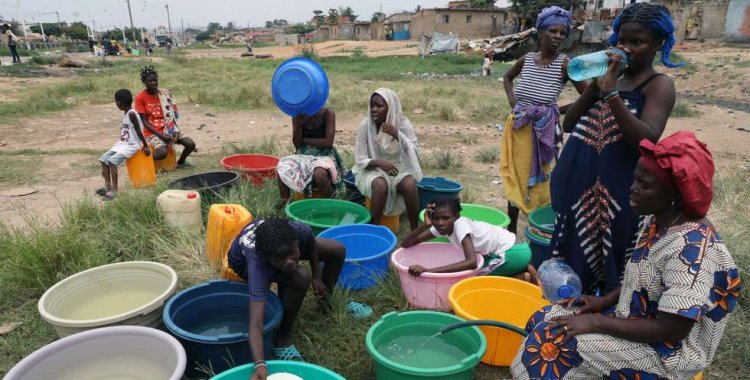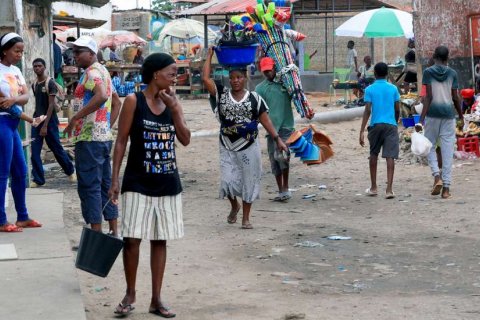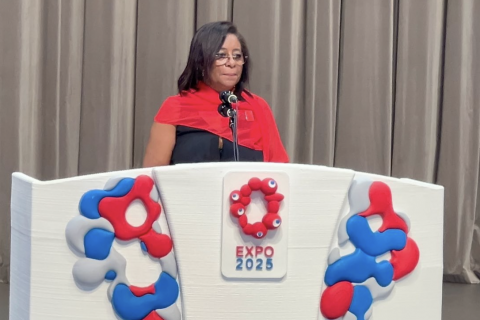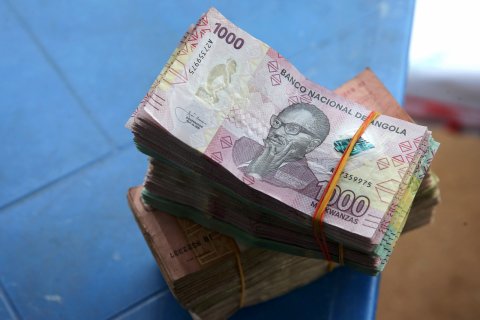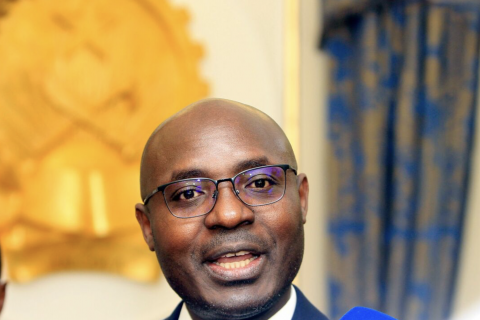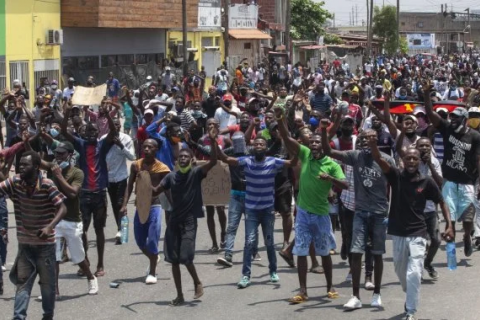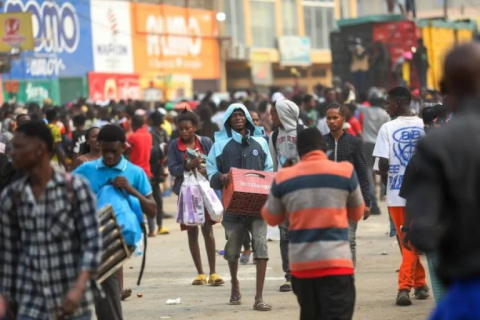According to a statement from the African Union (AU), 20 member states of the organization affected by cholera met online on Wednesday, following a call from the Africa Centers for Disease Control and Prevention (Africa CDC) and under the leadership of Hakainde Hichilema, President of Zambia and holder of the organization's cholera portfolio.
The meeting was attended by ten heads of state and vice-presidents – representing Angola, Zambia, Democratic Republic of Congo, Namibia, Ghana, Malawi, Mozambique, South Sudan, Tanzania and Zimbabwe – as well as deputy prime ministers and ministers of health, finance, water and sanitation.
"Global health partners including the World Health Organization (WHO), the United Nations Children's Fund (UNICEF), Gavi [the Vaccine and Immunization Alliance], the Global Fund, among others, were also present to form a united front in the fight against cholera," the AU said in a statement.
According to the organization, as of May this year, Africa had recorded about 130,000 cases of cholera and 2700 deaths, accounting for 60 percent of global cases and 93.5 percent of deaths related to the disease.
"Angola, DR Congo, Sudan and South Sudan remain among the most severely affected countries," it said.
In his opening remarks, Mahmoud Ali Youssouf, chair of the AU commission, called for courageous leadership and systemic change.
"Only with the direct involvement of our heads of state will we be able to eliminate cholera by 2030. A real turning point is needed on the continent – with strong national leadership, domestic investment, integrated actions and regional coordination. We must also break the cycle of dependency by accelerating vaccine production and ensuring equitable access to life-saving tools," said the chair of the commission.
The head of state of Angola, João Lourenço, current acting chair of the AU, also highlighted the importance of investment, stressing that, in order to tackle this disease, there must be robust investment in water, sanitation and health systems.
"This is our moment to transform historic challenges into real opportunities for economic and social development," said João Lourenço.
The director-general of the Africa CDC, Jean Kaseya, stressed that "Africa needs 54 million doses of the oral cholera vaccine per year, but receives little more than half".
"This gap is unacceptable. There is an urgent need to increase local production and ensure supply," he stressed.
WHO Director-General Tedros Adhanom Ghebreyesus stressed that the organization will step up support for affected countries.
African leaders committed to operationalizing the Continental Incident Management Support Team (IMST), based on the successful response to Monkeypox (mpox), "to strengthen cross-border surveillance," according to the statement.
At the national level, they committed to establishing Presidential Task Forces on Cholera to strengthen intersectoral coordination, mobilize domestic resources and implement accountability mechanisms, he said.
"The meeting represented a turning point in the African response to cholera, based on political ownership at the highest level, multisectoral collaboration and continental solidarity," he concluded.

